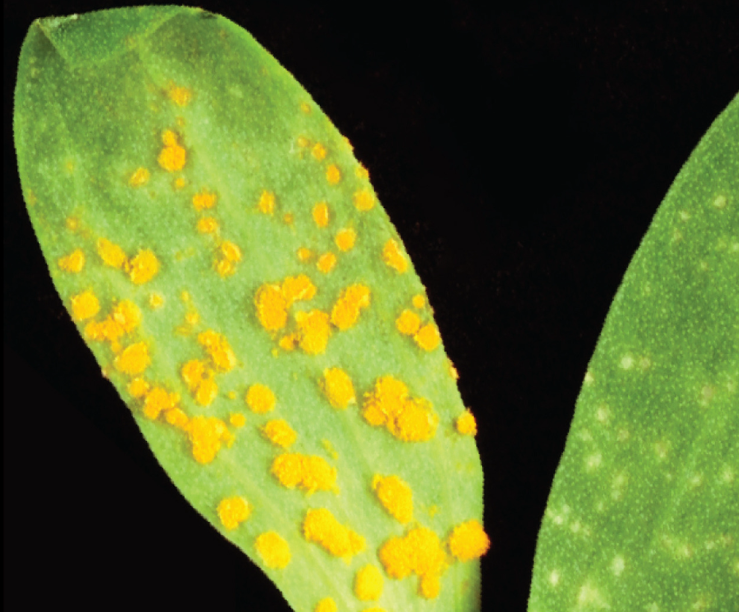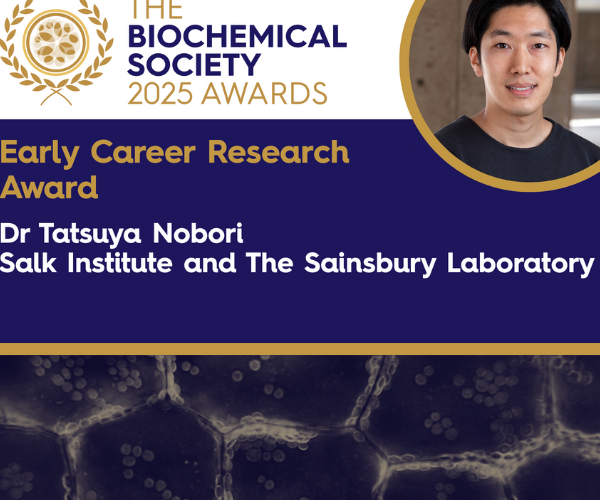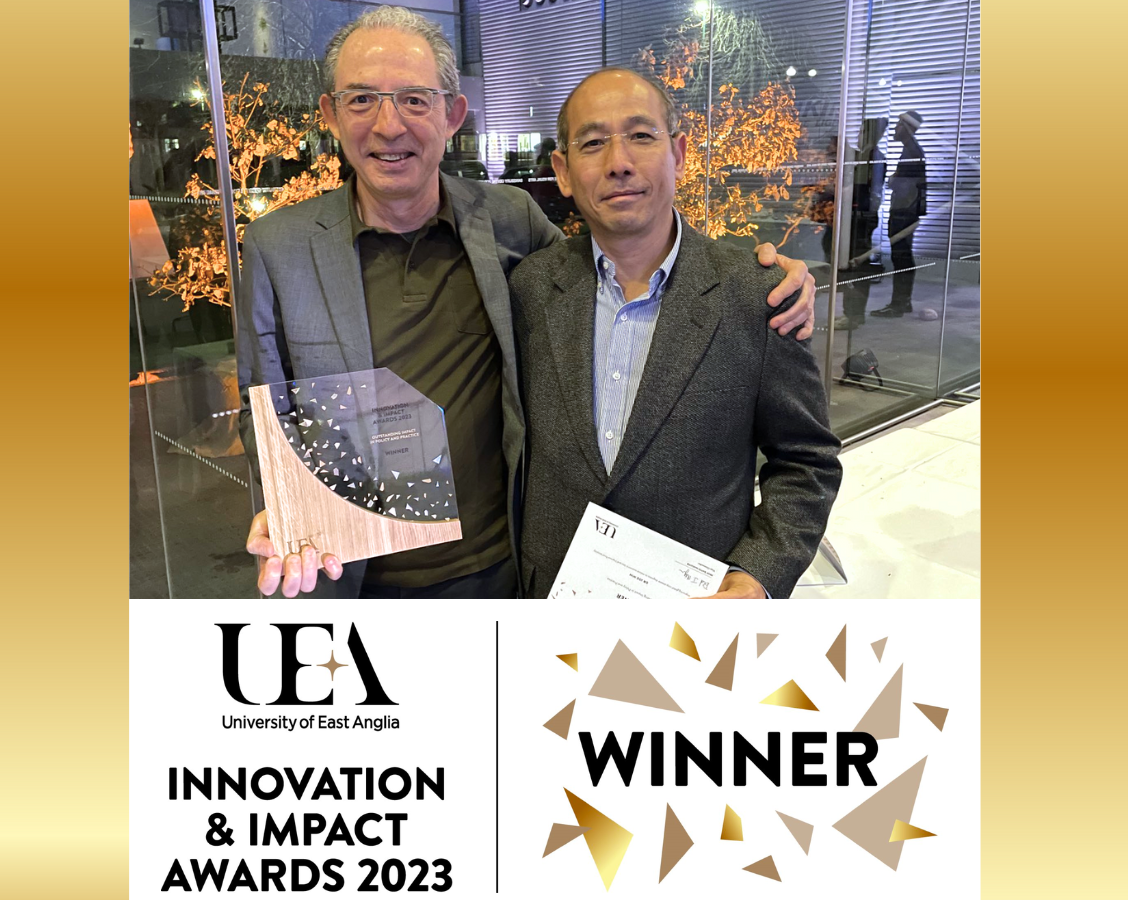Royal Society honour for distinguished scientist at The Sainsbury Laboratory
Professor Sophien Kamoun, a group leader at The Sainsbury Laboratory, has been elected as a Fellow of the Royal Society.
In a distinguished career, Professor Kamoun, who is also Professor of Biology at the University of East Anglia, has made a major contribution to the understanding of plant diseases and plant immunity.
The Fellowship of the Royal Society is made up of the most eminent scientists, engineers and technologists working in the UK and Commonwealth. Past Fellows and Foreign Members have included Isaac Newton, Charles Darwin and Stephen Hawking.
“I’m humbled and honoured by this recognition especially as I’ve only been in the UK for about 10 years,” said Professor Kamoun.
“These days, science is all about teamwork. Behind every individual award stands an amazing team of students and researchers. I’m extremely grateful to the brilliant people I have worked and collaborated with over the years. The thrill of discovery is addictive. Sharing the experience with others is priceless.”

Professor Kamoun has pioneered genomics and molecular biology methods to reveal fundamental insights into the biology and evolution of plant pathogens.
His inventive work in plant pathology has resulted in new approaches to mitigate some of the world’s most serious crop diseases.
He received the American Phytopathological Society Syngenta Award in 2003, the Noel Keen Award in 2013, the Daiwa Adrian Prize in 2010, and the Kuwait Prize in 2016.
He was elected to Academia Europaea in 2011, EMBO in 2015, and has won successive European Research Council (ERC) Advanced Investigator grants in 2011 and 2017.
The Sainsbury Laboratory Senior Group Leader and Head, Professor Cyril Zipfel said: “This is an outstanding recognition for Sophien, which clearly reflects his major contributions to the fields of molecular plant-microbe interactions and plant biology in general, nationally and internationally.
“Sophien has also recently pioneered open-science initiatives as well as established science-based advocacy for plant biotechnological approaches to tackle important plant diseases affecting agriculture and the environment globally.”
The Royal Society is a self-governing Fellowship of many of the world’s most distinguished scientists drawn from all areas of science, engineering, and medicine.
The Society’s fundamental purpose, reflected in its founding Charters of the 1660s, is to recognise, promote, and support excellence in science and to encourage the development and use of science for the benefit of humanity.


